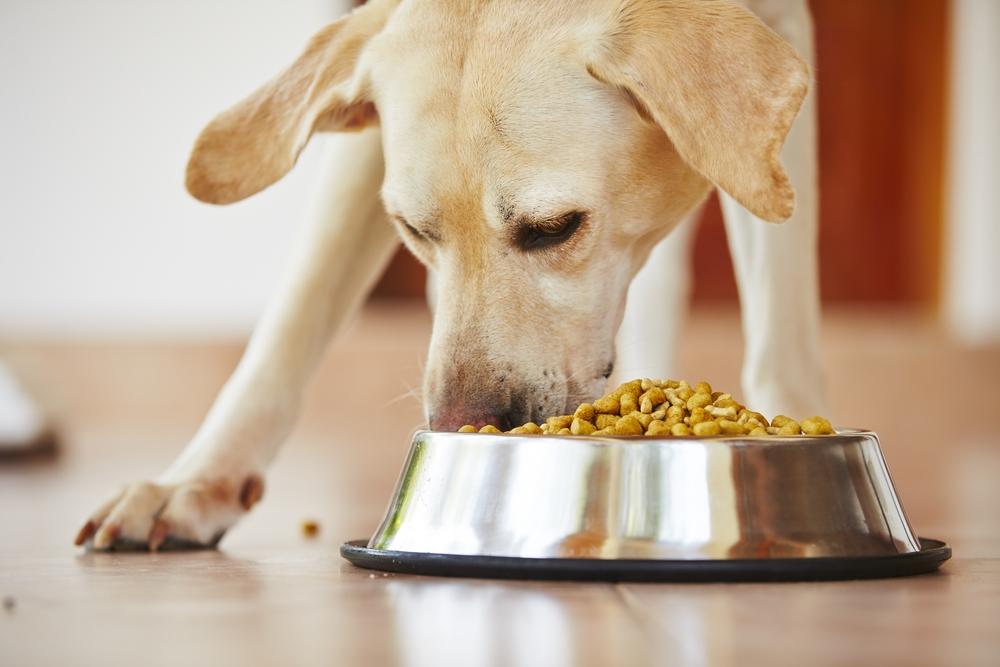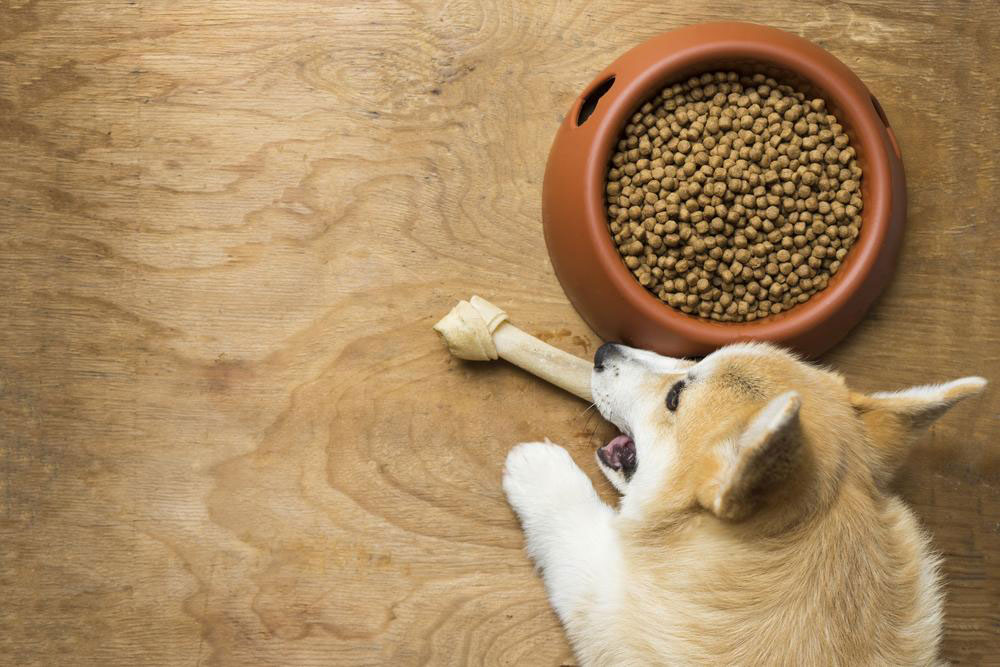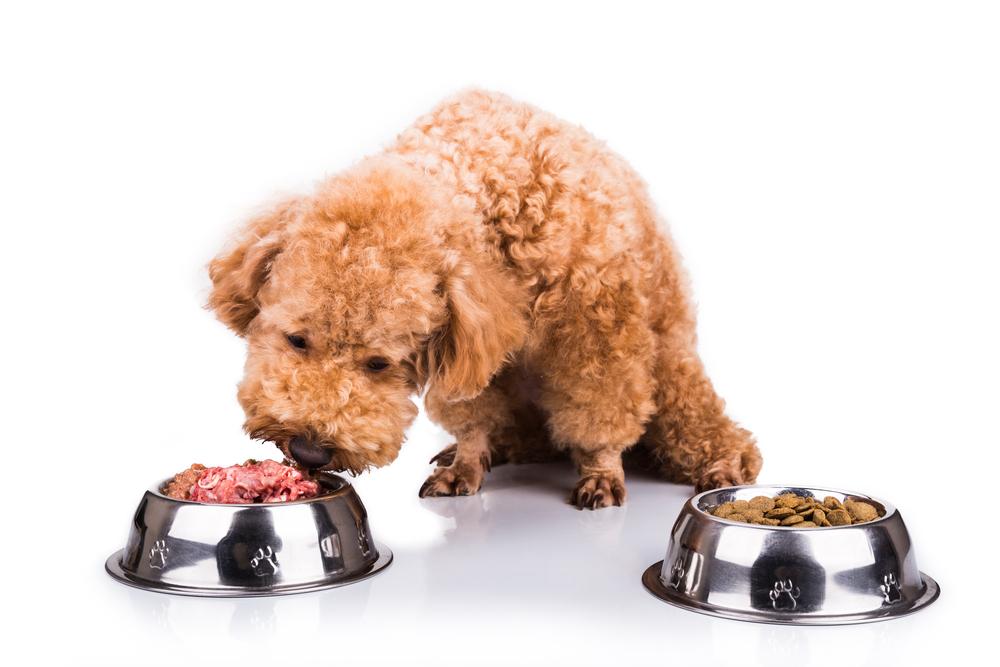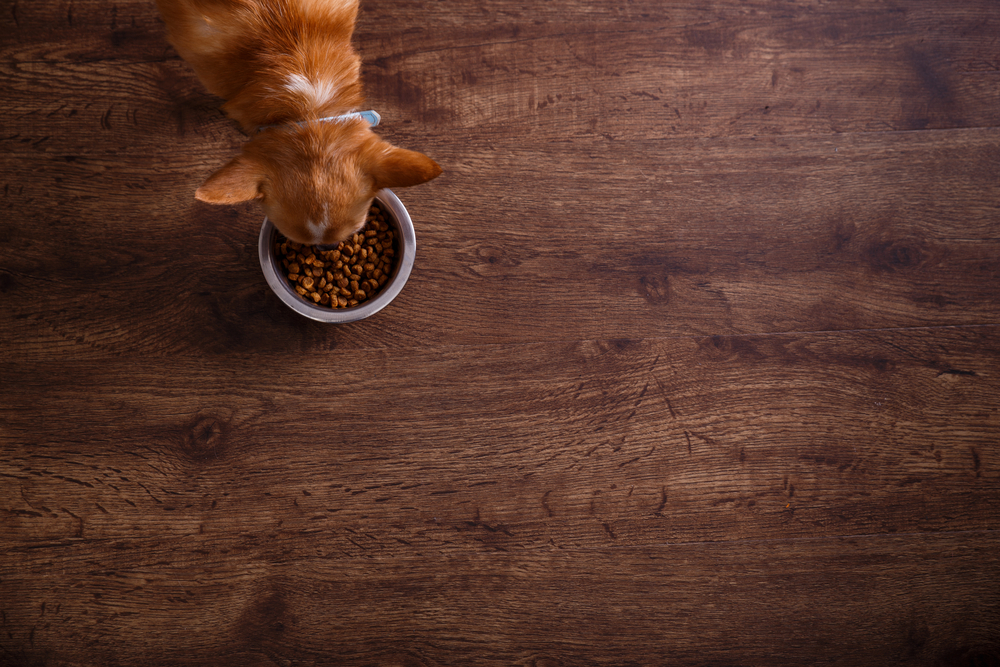Essential Guide to Dog Food Choices for Sensitive Stomachs
This comprehensive guide offers essential tips for selecting dog food suitable for sensitive stomachs. It highlights ingredients to avoid, such as grains and long-fermenting foods, and recommends gentle options like rice, chicken, and fish. The article emphasizes the importance of hydration with wet food and suggests consulting a vet for persistent issues. Perfect for pet owners seeking to improve their dog’s digestive health, this guide provides practical advice to ensure a comfortable and healthy life for sensitive-souled pets.

Essential Guide to Dog Food Choices for Sensitive Stomachs
Many pet dogs suffer from digestive sensitivities. If your dog frequently vomits or has diarrhea, adjusting its diet is essential. Finding the right dog food for a sensitive stomach can make a significant difference.
Digestive issues like vomiting and diarrhea can stem from food allergies, sudden dietary changes, or overfeeding. The variety in their diet often plays a role. Don't worry if your dog experiences stomach upset; proper nutrition is key.
Choosing the best dog food for sensitive digestion requires careful ingredient selection. If issues persist, consult your vet. Here's what to look for and avoid:
Avoid grains like wheat, soy, and corn
Many dogs have sensitivities to grains such as wheat, soy, and corn. Feeding these can lead to vomiting and diarrhea. It's advisable to exclude these ingredients from your pet’s diet.
Opt for rice and boiled chicken
If your dog struggles with various foods, a diet of plain boiled chicken and rice can be gentle on their stomach. This diet is often recommended for dogs with sensitivities.
Include high-quality, low-fat animal proteins
Choose lean, high-quality proteins like chicken or fish. Avoid red meats and unfamiliar meats like duck or rabbit, as they may be harder to digest and cause discomfort.
Feed sterilized food to reduce allergies
If your dog’s symptoms are related to environmental toxins or allergens, sterilized or processed food can help minimize exposure to foreign substances that might trigger reactions.
Incorporate wet food for hydration
Wet food can support hydration and is often easier on sensitive stomachs. It also retains aroma appeal for older dogs. Dry food may cause stomach bloating and discomfort as it absorbs water in the stomach.
Try fish as a gentle protein source
Many types of fish are suitable for dogs with sensitive stomachs. Consult your vet to identify the best options, as some fish may not be ideal for your pet.
Avoid long-fermenting foods
Foods rich in legumes and oats can ferment and produce excess gas. Ensure your dog’s diet excludes such ingredients to prevent digestive issues.










